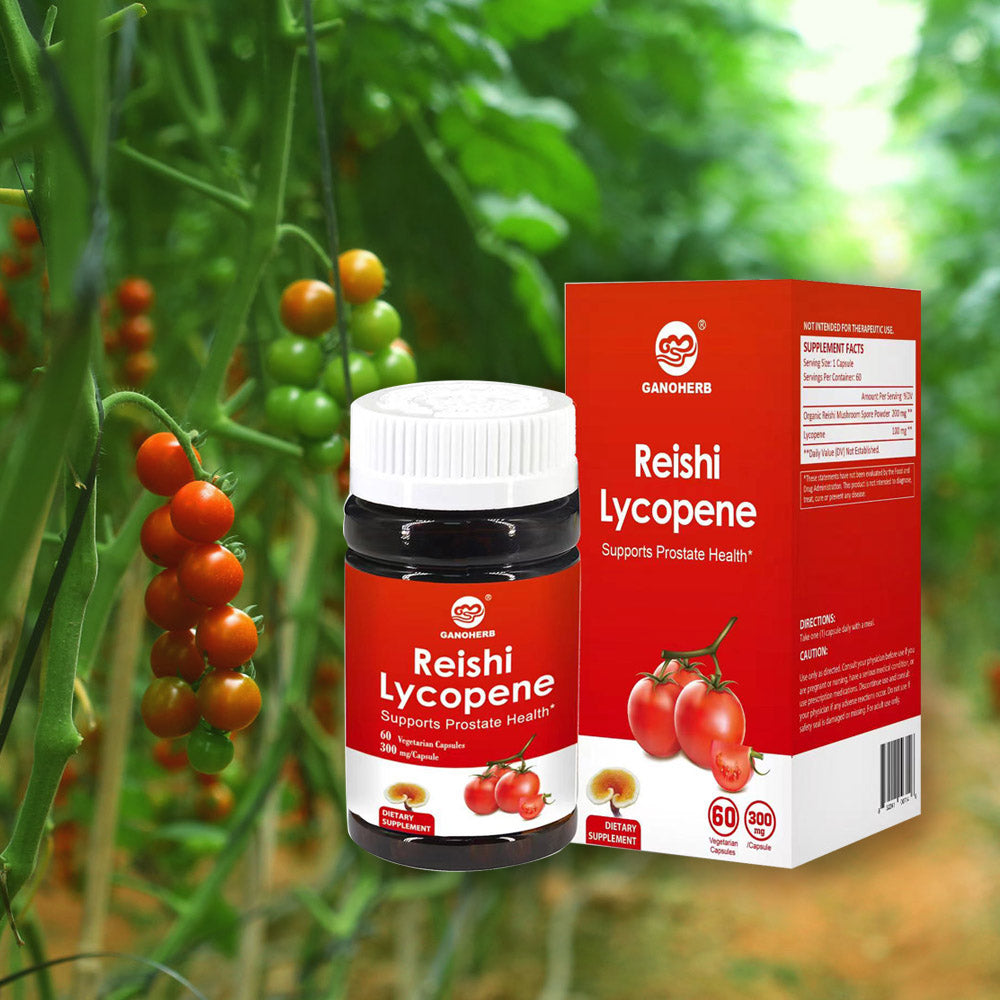How Much Lycopene is 40 mg Equivalent To?
Lycopene is a natural compound primarily found in tomatoes and other red or pink fruits. It is celebrated for its potential health benefits, including cancer prevention and reducing the risk of heart disease. Many people are curious about the appropriate amount of lycopene to take, especially when considering a dose of 40 mg. Questions often arise about whether this amount is too high or too low for optimal benefits. Others may be seeking ways to enhance their health and wonder how much lycopene they should include in their diet. Understanding the correct dosage of lycopene is key to harnessing its health advantages effectively. Finding the right amount tailored to individual needs is crucial for achieving the desired results.

What is Lycopene?
Overview of Lycopene
Lycopene is a natural carotenoid, a plant pigment with powerful antioxidant properties. It is considered the most potent antioxidant found in plants, especially in fat-soluble environments, meaning the body absorbs it more efficiently when consumed with fats. Tomatoes are the most well-known source of lycopene, but it is also present in other red and pink fruits, such as watermelon and pink grapefruit.
Health Benefits
Lycopene offers a range of health benefits. It is particularly renowned for its positive impact on heart health, with studies indicating it can help lower the risk of cardiovascular disease by improving cholesterol levels and reducing blood pressure. Lycopene may also reduce the risk of certain cancers, including prostate, breast, and lung cancer. Additionally, it helps protect the skin from UV damage and contributes to overall skin health.
Lycopene Content in Common Foods
Foods Rich in Lycopene
While tomatoes are the primary source of lycopene, several other foods also contain this antioxidant. These include watermelon, pink grapefruit, red peppers, and papayas. Other fruits and vegetables, such as carrots and strawberries, have smaller amounts of lycopene.
Lycopene Quantities in Common Servings
- A medium-sized tomato (123 grams) contains approximately 4 mg of lycopene.
- A cup of watermelon (154 grams) contains about 6 mg of lycopene.
- A pink grapefruit (250 grams) has around 5 mg of lycopene.
The actual amounts can vary based on factors like ripeness and variety.
How Much Food Equals 40 mg of Lycopene?
How Much of Each Food Provides 40 mg of Lycopene?
To reach 40 mg of lycopene, you would need to consume a large amount of these foods. For example:
- Around 10 medium-sized tomatoes
- 6 to 7 cups of watermelon
- 8 pink grapefruits
These quantities are based on average lycopene content and can vary based on fruit size and ripeness.
Visualizing 40 mg of Lycopene
If you're eating tomatoes, 40 mg of lycopene translates to about 10 tomatoes. While this may seem like a lot, it's important to remember that cooking tomatoes can increase the bioavailability of lycopene, making it easier for the body to absorb.
Health Benefits of Consuming 40 mg of Lycopene
Research on Lycopene Intake and Its Health Effects
Numerous studies have shown that lycopene helps protect against oxidative stress, which contributes to aging and various diseases. It is also linked to a reduced risk of chronic conditions like heart disease and cancer. While 6 to 15 mg of lycopene per day is generally sufficient to provide health benefits, higher doses—such as 40 mg—may offer even greater protection.
Recommended Lycopene Intake for Optimal Health
While there is no official recommended daily intake for lycopene, experts agree that consuming 6 to 15 mg per day can offer significant health benefits. For those aiming for maximum protection against heart disease and cancer, 40 mg may provide additional advantages.

Combining Lycopene with Reishi Mushroom Supplements
What is Reishi Lycopene?
Reishi mushrooms, a well-known medicinal mushroom, have been used for centuries due to their health benefits. GANOHERB, a leading brand in the Reishi mushroom industry, combines lycopene with Reishi mushrooms to enhance its health-promoting effects. GANOHERB has over 30 years of expertise in research, cultivation, and manufacturing of organic Reishi mushrooms, and their products are sold worldwide.
Who Should Consider Lycopene and Reishi Mushroom Supplements?
Lycopene and Reishi mushroom supplements are ideal for individuals with irregular diets, those who consume alcohol socially, people experiencing high levels of stress, or anyone who stays up late. This combination is especially beneficial for boosting immune function, supporting heart health, and helping prevent chronic diseases.

Why Choose GANOHERB?
GANOHERB offers a powerful lycopene and Reishi mushroom supplement, with each capsule containing 100mg of pure lycopene derived from tomatoes and 200mg of USDA-certified organic Reishi mushroom spore powder. This combination is more than enough to meet daily needs. GANOHERB employs advanced techniques to break down the Reishi mushroom's cell walls for better absorption of active ingredients. Their products are organic, free from heavy metals, and certified in the US, China, the EU, and Japan, ensuring the highest standards of quality and safety.
GANOHERB is a pioneer in the Reishi mushroom industry and the first company in China to receive both domestic and international organic certifications. Whether you're seeking to improve immune health, skin quality, or cardiovascular function, GANOHERB's products offer a reliable and effective solution.

Closing Words
For those interested in higher doses, Whether you choose food sources or supplements, adding lycopene to your daily routine can help improve overall health.
If you want to boost your health with the benefits of lycopene, consider adding more lycopene-rich foods to your diet or exploring high-quality supplements. Supplements that combine lycopene with Reishi mushrooms provide additional benefits. Visit the GANOHERB website to learn more about how their lycopene and Reishi mushroom supplements can support your well-being. Don't wait - take the first step toward better health today!





